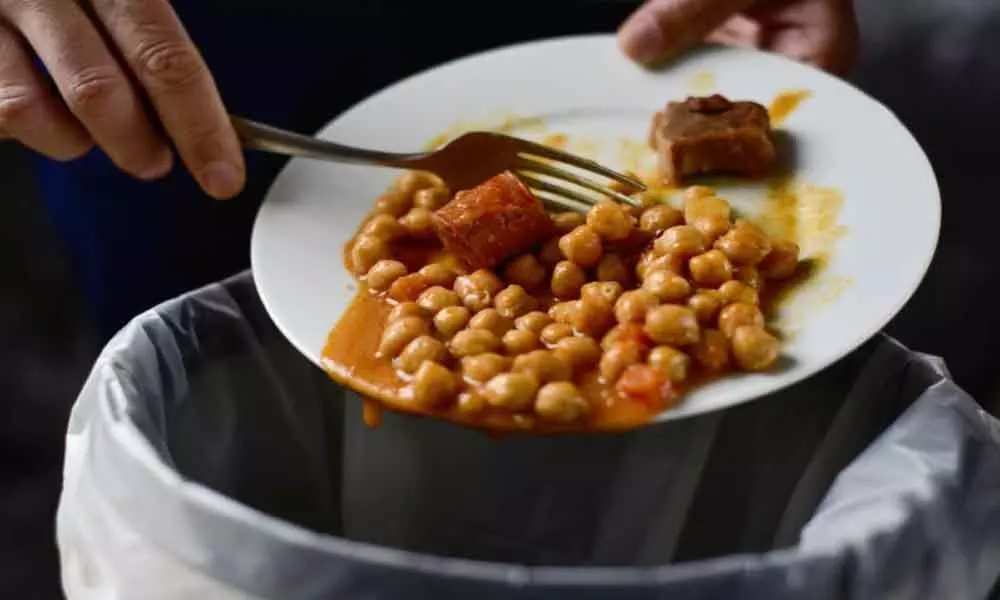 Consumers are likely wasting much more food than commonly believed, according to a study published February 12, 2020 in the open-access journal PLOS ONE by Monika van den Bos Verma and colleagues from Wageningen University and Research, The Netherlands.
Consumers are likely wasting much more food than commonly believed, according to a study published February 12, 2020 in the open-access journal PLOS ONE by Monika van den Bos Verma and colleagues from Wageningen University and Research, The Netherlands.The Food and Agriculture Organization of the United Nations (FAO) estimated that in 2005, one third of all food available for human consumption was wasted (in this context, "waste" refers to food fit for human consumption which went uneaten). This figure has continued to serve as reference for the extent of global food waste. However, the FAO methodology does not factor in consumer behavior regarding food waste and considers food supply alone in determining the extent of food waste. This study is the first to investigate if and how consumer affluence may affect food waste.
Using a human metabolism model and data from FAO, the World Bank, and the World Health Organization, van den Bos Verma and colleagues quantified the relationship between food waste and consumer affluence. Using this model, they created an international dataset providing estimates of global as well as country specific food waste.
The authors found that once consumer affluence reaches a spending threshold of approximately $6.70/day per capita per day, consumer food waste starts to rise- increasing rapidly with rising affluence at first, and then at much slower rates at higher levels of affluence.
Their data also showed that FAO's estimates of consumer food waste may be too low. While FAO estimated food waste to be 214 Kcal/day per capita in 2015, this model estimated food waste as 527 Kcal/day per capita for the same year.
This work relies on the accuracy of FAO's data, which may not always be complete (for instance, low-income country surveys don't always include food from subsistence farming). The authors also note there are many consumer attributes that may affect food wastage beyond affluence.
However, this work suggests that to achieve low global food waste, a joint focus on 1) reducing high food waste levels in high income countries, and 2) preventing waste levels from rising rapidly in lower-middle income countries where affluence is increasing may be needed. The authors believe that the method behind this study can be used as a basis to introduce the affluence elasticity of waste as a new concept in future models, better understand and assess current food waste magnitudes, and help measure global progress in reducing food waste.
The authors add: "Novel research using energy requirement and consumer affluence data shows that consumers waste more than twice as much food as is commonly believed. It provides a new globally comparable base against which one can measure progress on the international food waste target (SDG12), and suggests a threshold level of consumer affluence around which to launch intervention policies to prevent food waste from becoming a big problem."










No comments:
Post a Comment